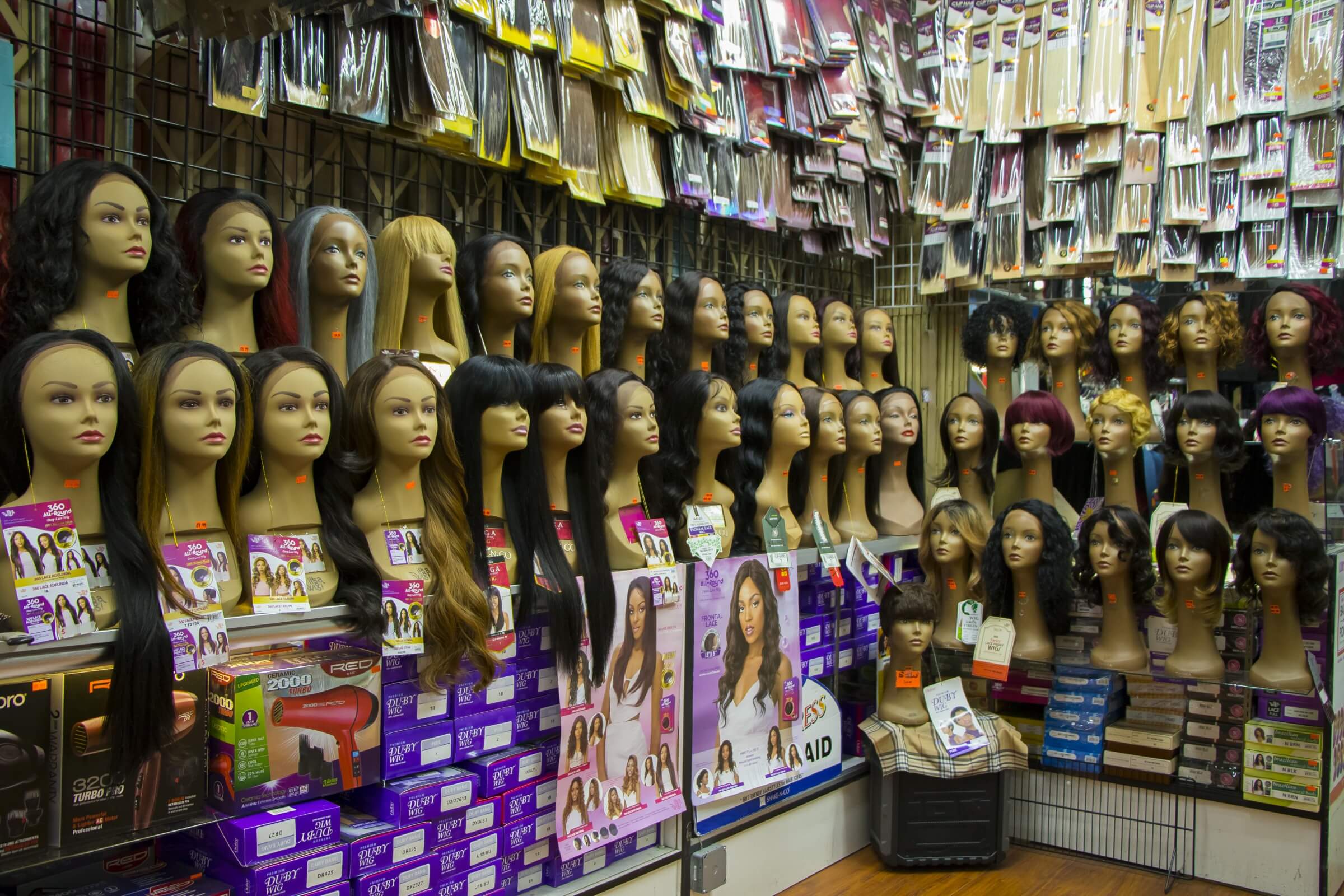Tech Versum: Explore the Future of Technology
Dive into the latest trends and innovations in technology with Tech Versum.
Beauty Supply Secrets Your Favorite Brands Don't Want You to Know
Unlock the hidden gems of beauty supplies! Discover secrets your favorite brands keep under wraps to elevate your beauty game.
The Hidden Ingredients in Your Favorite Beauty Products: What to Watch Out For
When you pick up your favorite beauty products, you may be surprised to discover that many contain hidden ingredients that could impact your skin's health. From preservatives to fragrances, these components are often included to enhance product stability or sensory appeal. For instance, parabens are commonly used as preservatives to extend shelf life, but they have been linked to potential hormone disruption. Similarly, synthetic fragrances can cause allergic reactions in some individuals, making it essential to scrutinize ingredient labels closely.
In addition to preservatives and fragrances, there are other hidden ingredients to be aware of. Ingredients like sulfates (found in many shampoos) may strip natural oils, leading to dryness and irritation, while certain alcohols can exacerbate skin conditions for some users. To make informed choices, consider opting for products labeled as paraben-free, sulfate-free, and hypoallergenic. Prioritizing transparency in skincare can lead to safer and more beneficial beauty routines.

5 Common Myths About Beauty Supply Products Debunked
When it comes to beauty supply products, many misconceptions abound. One of the most prevalent myths is that high-priced products are always more effective than their budget-friendly counterparts. However, the reality is that many affordable options offer similar, if not identical, results. It’s essential for consumers to research ingredients and read reviews before assuming that a higher price tag guarantees better quality. Additionally, brands often market their products using strategic advertising, which can lead to a false perception of superiority based solely on cost.
Another common myth is that natural ingredients are always safer than synthetic ones. While it’s true that some natural ingredients can be beneficial, they can also cause allergies or skin irritation in certain individuals. Thus, not all synthetic ingredients should be viewed with suspicion; many are rigorously tested for safety and effectiveness. The key takeaway here is that consumers should consider their own skin type and sensitivities rather than blindly trusting a product solely based on its ingredient origin.
Are All Natural Products Really Better? The Truth Behind the Labels
In recent years, the term natural products has gained significant traction in marketing across various industries, particularly in the realms of cosmetics, food, and health supplements. However, consumers often find themselves asking: *Are all natural products really better?* The answer is complex and multifaceted. While many natural products are derived from wholesome ingredients, the term 'natural' is not regulated uniformly, meaning that products can contain a mixture of both beneficial and harmful substances. For instance, a product may be labeled 'natural' but still include additives or preservatives that may not align with an individual's health goals.
Moreover, it's important to recognize that not all ingredients derived from nature are inherently safe or beneficial. Some natural substances can cause allergic reactions or interact negatively with medications. Understanding labels and their implications is key to making informed choices. Consumers should prioritize products with transparent labeling, clear ingredient lists, and reputable certifications. In summary, while many natural products can be advantageous, it's crucial to research and approach the term 'natural' with a discerning eye to distinguish between genuine quality and mere marketing hype.